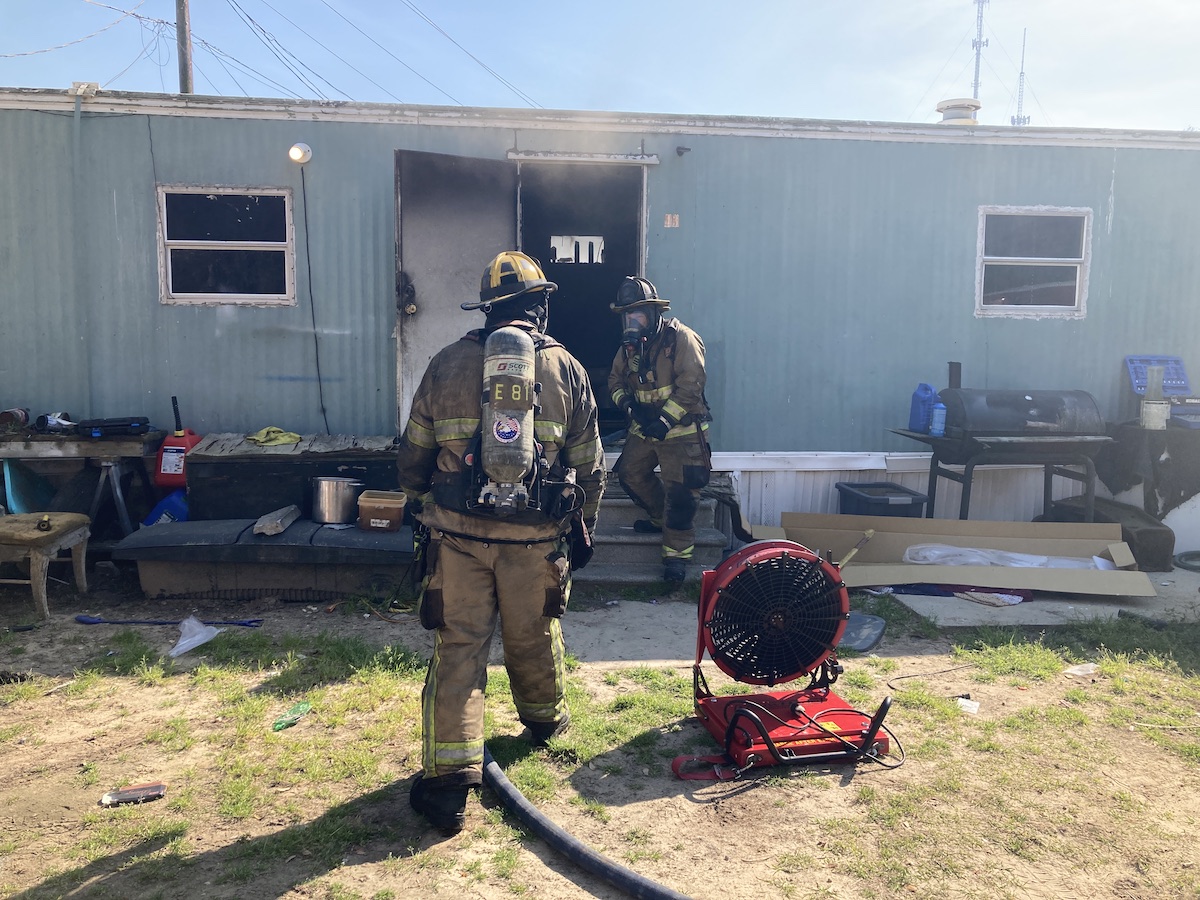Legislative approval needed for 2nd phase of $30M cleanup paid with federal COVID aid
By Jessica Holdman
SCDailyGazette.com
MOUNT PLEASANT — South Carolina is on track to remove some 1.6 million gallons of environmentally toxic oil and fuel from a World War II aircraft carrier turned museum that has sat docked on display for nearly 50 years in the Charleston harbor.
When the United States military gifted the USS Yorktown to South Carolina in 1975 — turning the former battleship that fought tours in both World War II and the Vietnam War into a state-owned museum visited by 300,000 tourists each year — it did not remove the fuel and other hazardous liquids as it would today when decommissioning a ship from its fleet.
Now the Palmetto State is in charge of the $30 million cleanup process.
Mount Pleasant’s Patriots Point Development Authority pushed for the fuel removal and restoration of the “Fighting Lady” for more than a decade.
Thanks to nearly $11 million in federal COVID-19 pandemic relief funds, crews last fall started pumping out some 600,000 gallons of oily water and 9 tons of oily sediment from a portion of the ship’s 428 liquid storage tanks.
Divers, as part of an emergency measure to prevent a spill, also patched 35 holes in the hull of the ship, which sits mired in nearly 30 feet of pluff mud.
But massive amounts of hydraulic and heavy fuel oil still sit deep in the belly of the ship, said Jacqueline Michel, president of the company contracted to do the cleanup work.
To complete the next phase, South Carolina’s Office of Resilience on Wednesday will ask a legislative panel that oversees state spending to sign off on spending the remaining $18 million in federal relief funds set aside for the project.
Built in 1943, the aircraft carrier replaced the original Yorktown sunk by a Japanese submarine in the Battle of Midway. At its peak, 3,300 sailors manned the 820-foot ship, which is now a national historic landmark.
Cleaning it up is a complicated process, as many of the fuel tanks are multiple decks deep and require draining of one area before crews can get access to another. In the first phase, workers pumped out the mix of water, oil and contaminants and transported it in a tanker to a wastewater treatment facility near Goose Creek.
The next round will focus on the outer two layers of tanks most in danger of leaking into the Atlantic Ocean if damaged.
“There’s a lot of this stuff that remains on the Yorktown,” said state Department of Natural Resources Director Robert Boyles. “The impacts of these pollutants are known and they are sometimes very, very long lasting.”
The state doesn’t want to risk the toxic liquids leaking into Charleston’s harbor, putting the state’s pristine beaches and $29 million tourism industry at risk.
As an example of past environmental disaster, Boyles pointed to 24,000 gallons of fuel oil spilled from a Norwegian cargo ship, the M/S Star Evviva, in 1999. The spill impacted thousands of coastal birds and the commercial seafood industry in and around the Cape Romain National Wildlife Refuge.
Back at home, 12,500 gallons of oil spilled from the M/V Everreach container ship into the Cooper River on Sept. 30, 2002, impacting 30 miles of Charleston shoreline. Cleaning that up and restoring the beaches and marshes took 16 years.
Today the Yorktown stands as a memorial to “duty, honor, country and courage,” Boyles said. What the state wants to avoid from the ship is a legacy of “dirty, harmful, cleanup.”
“This should have been done a long time ago,” Gov. Henry McMaster said Tuesday. “We don’t have another minute to waste because we don’t know what’s going to happen. We don’t know when the next storm is going to happen.”
His 2022 order directed the state Office of Resilience, created a year earlier, to start the removal process.
Not taking action could result in “unimaginable” damage to the state’s natural resources, the governor said.
“We are determined this is going to be finished so this area can continue to prosper,” McMaster said.
Jessica Holdman writes about the economy, workforce and higher education. Before joining the S.C. Daily Gazette, she was a business reporter for The Post and Courier.










